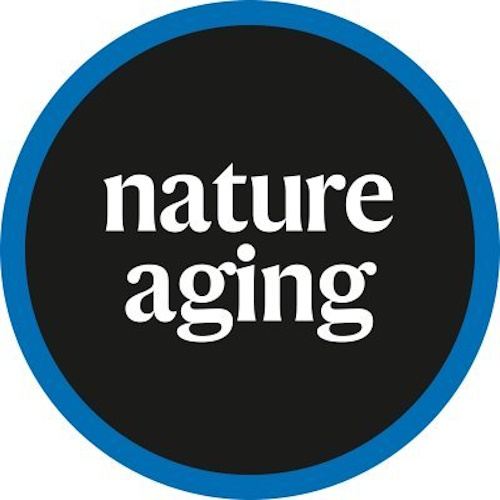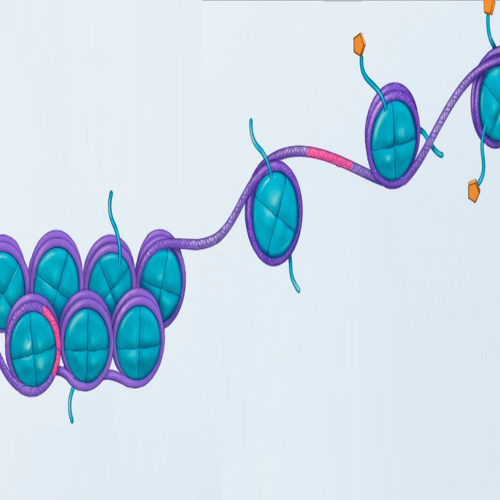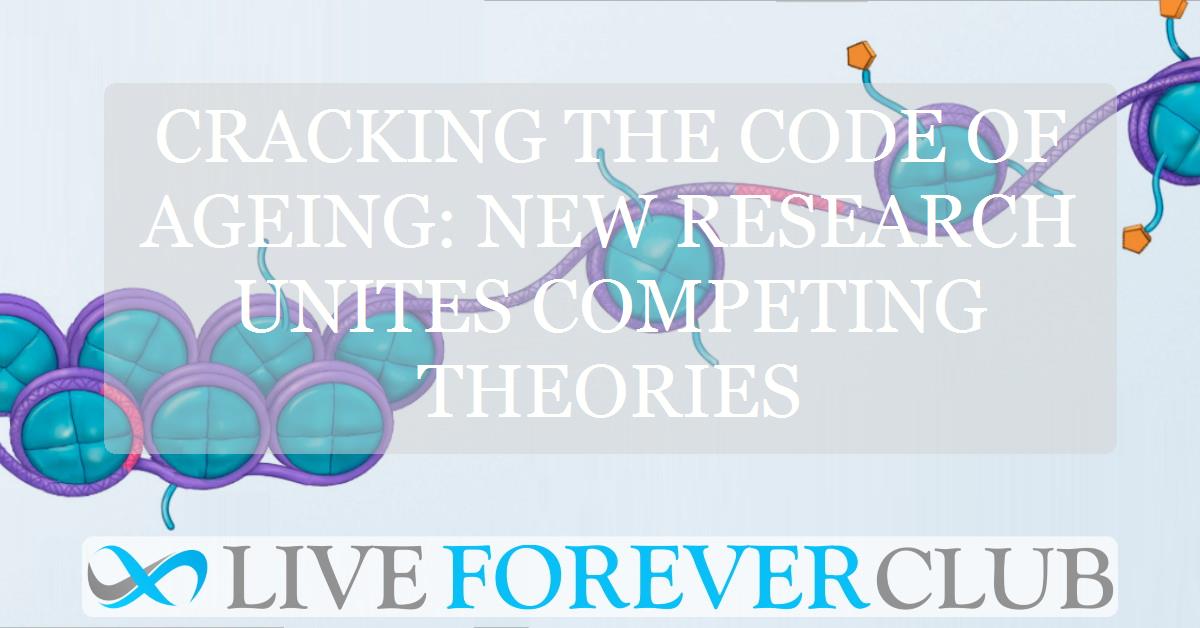Key points from article :
A groundbreaking study from the University of California San Diego School of Medicine, published in Nature Aging, has unveiled a critical link between two major theories of ageing: random genetic mutations and epigenetic modifications. These findings challenge existing approaches to anti-ageing science and could reshape how we think about the biological clock.
The epigenetic clock theory posits that ageing results from predictable chemical modifications to DNA that influence gene activity, while the somatic mutation theory argues that random genetic mutations drive ageing by disrupting DNA sequences. While epigenetic modifications are reversible and widely used as a measure of "biological age," their exact cause has remained elusive—until now.
By analysing data from over 9,000 patients, researchers, including co-corresponding author Trey Ideker, Ph.D., found a clear correlation between genetic mutations and epigenetic changes. They discovered that a single mutation could trigger widespread epigenetic shifts across the genome. This insight suggests that epigenetic changes may not drive ageing but instead serve as a symptom of the underlying accumulation of mutations over time.
"If mutations are indeed responsible for these epigenetic changes, anti-ageing efforts focused solely on reversing the epigenetic clock might miss the root cause," Ideker explained. Co-author Zane Koch, a bioinformatics Ph.D. candidate, highlighted that this study marks the first time researchers have demonstrated how tightly epigenetic changes are linked to random genetic mutations.
The implications are significant. While reversing epigenetic modifications might offer some benefits, tackling ageing at its root—by addressing somatic mutations—could prove much more complex. This research emphasizes that ageing may not be a programmed process but a consequence of cumulative, random changes, fundamentally altering how scientists and industries approach ageing therapies.






